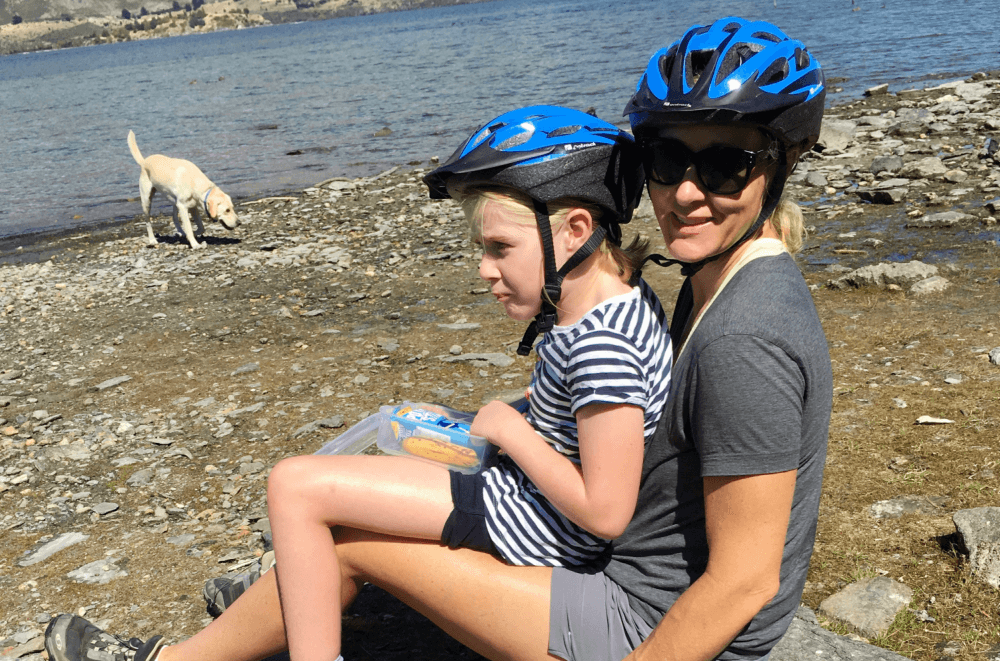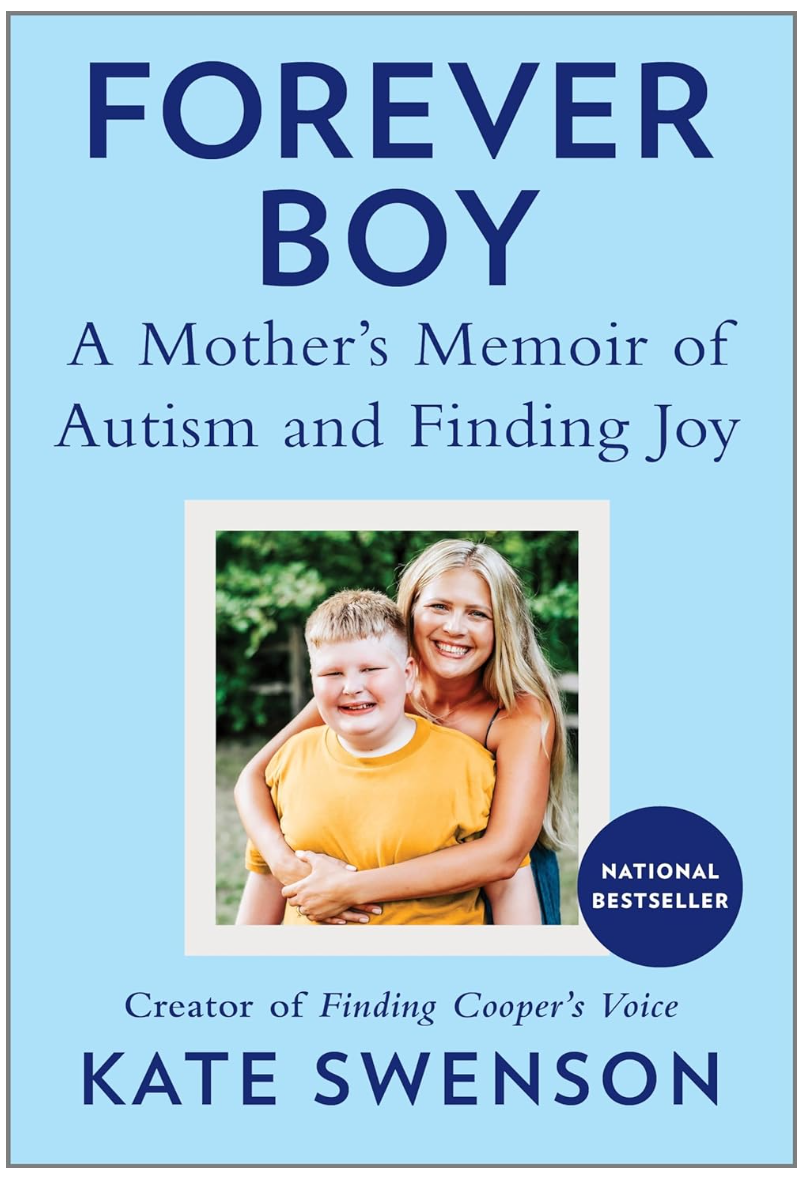What Is Versus What Should Have Been

There is an emotion that lives inside me now that I can’t really describe. It’s a mix of heartache, anxiety, helplessness and a feeling of being overwhelmed. There is actually a term for it. It’s called “Chronic Sorrow”.
I feel sometimes like I live a double life. One with my older girls and friends being myself and another in this adaptive world we have created for our daughter Isla. Even when I am away from autism…I still feel like I live it. There is no escape and I have changed.
I talk. I try to educate. I try and give an insight into how I am feeling. People are interested and engaged but they don’t truly understand and they can’t. It’s a bit like describing a country you have visited but without having the experience you can only imagine what it is like.
Everyone has their own struggles. A lot of kids have learning and social problems. Others have health issues and live in pain. Some are starving in the world and have no parents.
I feel guilty for even feeling this way sometimes as I am so grateful for Isla. I am grateful she can walk and talk. I am grateful that she is healthy. I am grateful she is loved. But the feeling still doesn’t go away. It’s not the day to day.
Isla is delightful, amusing, loving and gorgeous but it’s like living in a parallel universe.

We live very much in a bubble with Isla being in a satellite class at school and attending activities for kids with additional needs. When she was in the mainstream there was a daily reminder of her differences. They say the gap gets wider and it most definitely does.You see all the children growing up while your child stays very much like a toddler in some ways. I think that is also why those trigger events hit me harder as Isla’s world has very much become the new normal.
It’s the smallest things that can highlight “what is” versus “what should have been” and brings out all sorts of emotions…. anger, sadness and grief and it can strike at any time.
It can be the usual things like when you see other children of a similar age performing at their first dance concert, playing their first game of netball or soccer or having regular sleep overs with their friends.
Or it can happen when your child struggles to tell you what they did at school, get dressed on their own or you see them struggling to relate to a peer of the same age.
This term “chronic sorrow” was first introduced in the early 1960s by a counsellor (Olshansky) of parents of handicapped children. He observed that parents may suffer from chronic sorrow throughout their lives as a reaction to both the loss of the expectations they had for the perfect child and the day-by-day reminders of dependency.
Sometimes called a “living loss” because it doesn’t go away, chronic sorrow may stay in the background while the family does their best to incorporate the child’s care into their usual routine. If a medical crisis or event occurs, which magnifies the loss and disparity between reality and the life once dreamed of, it can trigger a return of the profound sadness.
My particular response to feeling this way, after a seizure, for example, is to get proactive and try and seek more answers for the helplessness I feel. This often leads to frustration as I am confronted with the lack of solutions and services our public system can provide us.
I know Isla is way behind academically but in our world we celebrate the small milestones and successes. However, when I am put in a situation where I am faced with how far behind she is, this leads me to research possible education paths and testing. This then brings back the realisation we cannot rush her development or cure her and there is a fine line between helping her learn and putting her off altogether.
And so the cycle continues.
I feel fortunate that Isla has older siblings where I have been able to experience what “normal” feels like but I’m not sure whether that makes me all more aware of the differences.
Support groups help both on Facebook and talking to other parents in the special needs world as many of us feel the same. Family and friends, where you can all be yourself with no judgement, is so important and I cherish my friends who provide this for us.
I believe along with this chronic sorrow comes the opposite emotion of intense joy. I have definitely changed as a person with greater personal strength, wisdom and confidence.
I have learnt to advocate the best care and services for Isla and have found a part of me that I never knew existed.

Written by, Sara Stythe
I am a mum of 3 beautiful girls. I created www.simplyisla.com to share knowledge, resources and information I have learnt along the way on this unexpected journey with our unique youngest daughter. Isla is missing a tiny piece of her 2nd Chromosome (2q23.1 Microdeletion Syndrome, recently known as MAND). This causes autism, epilepsy and development delay (https://www.facebook.com/
Interested in writing for Finding Cooper’s Voice? LEARN MORE
Finding Cooper’s Voice is a safe, humorous, caring and honest place where you can celebrate the unique challenges of parenting a special needs child. Because you’re never alone in the struggles you face. And once you find your people, your allies, your village….all the challenges and struggles will seem just a little bit easier. Welcome to our journey. You can also follow us on Facebook and subscribe to our newsletter.


Thank you for sharing Sara. I identified with a lot of what you say although our stories are different. I only have one child so far who has a complex medical history and autism. But the chronic sorrow description really struck a chord with me